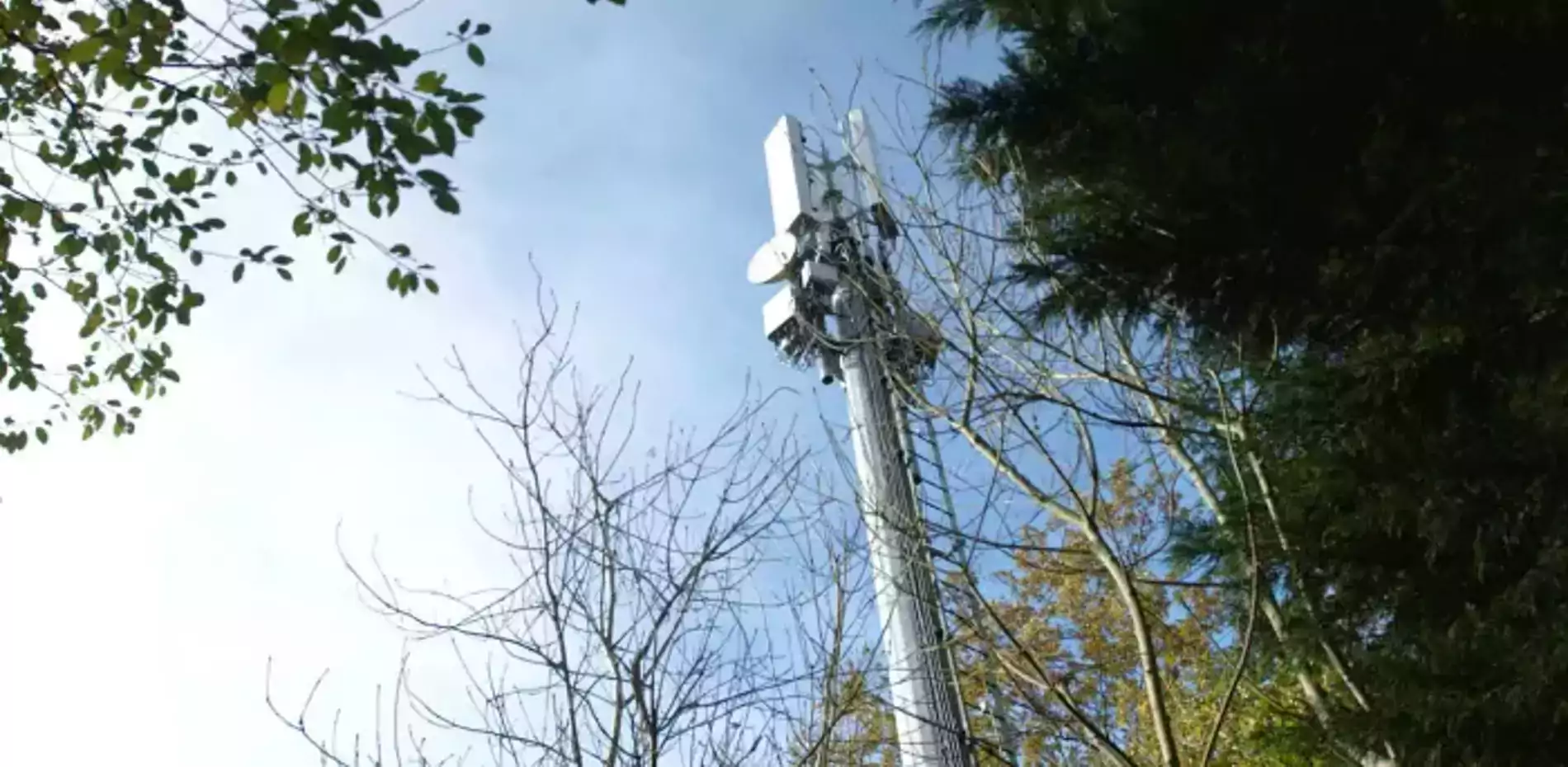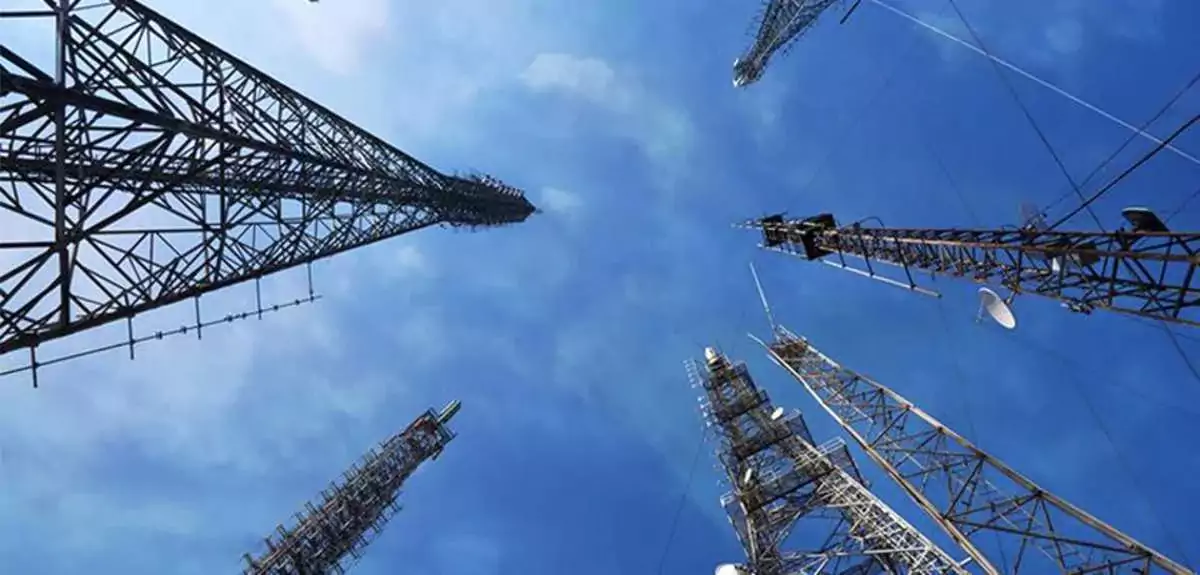Vodafone has switched on the UK’s first 5G OpenRAN site in Bath, the first of 2,500 5G and 4G OpenRAN sites that Vodafone has committed to, and a major step in supporting the Government’s ambition to accelerate the development of the OpenRAN ecosystem.
Last month, the UK Government and telecoms operators announced shared ambitions to expand support for the OpenRAN ecosystem. Vodafone has championed the OpenRAN ecosystem since its conception in 2016 and is actively using OpenRAN across many parts of the UK.
To celebrate the deployment of the site, the first 5G video call over OpenRAN infrastructure was made by Vodafone UK’s Chief Network Officer Andrea Dona to the Minister for Digital Infrastructure Julia Lopez on 11 January.
Julia Lopez, Digital Infrastructure Minister, the Department of Digital, Culture, Media and Sport, said:
“This phone call, the first in the UK to be made using 5G OpenRAN infrastructure, marks a big step forward for innovation in UK telecoms.
“OpenRAN will have an important role to play in the future of our mobile networks and I congratulate Vodafone for being the first to make it happen.
“The government is investing in the technology through our £250 million diversification strategy so we can deliver the amazing benefits of 5G for people and businesses with more diverse, resilient and secure equipment in our networks.”
The installation of equipment at the site marks a number of firsts, including:
- The beginning of the first scaled OpenRAN project in Europe, with 2,500 sites committed by 2027
- The first 5G OpenRAN site
- The first time OpenRAN technology has been deployed on a UK macro site to carry live customer traffic
Andrea Dona, Chief Network Officer, Vodafone UK, said:
“This is the beginning of a new chapter for the mobile industry. Our team has been working tirelessly to take OpenRAN technology from a theory in our lab to our customers in the real world – it’s remarkable how much has been achieved in such a short period of time.
“OpenRAN as a concept is only five years old, and we’re already fundamentally changing how we deploy connectivity infrastructure. This is a watershed moment in the telecoms industry, and a catalyst for change and evolution.”

OpenRAN technology separates software from hardware, so there’s more flexibility for mobile operators. Where previously one vendor would have delivered the whole solution, OpenRAN enables telecoms operators to work with more specialist suppliers.
Not only will this diversify the telecoms supply chain, adding resilience to Critical National Infrastructure, it will also act as a catalyst for innovation.
This could result in more energy-efficient telecoms equipment, as well as increasing the speed at which mobile operators can deploy next generation networks. The technology is widely seen as a disruptor for the telecommunications industry, and Vodafone is one of the leaders supporting the development of this vendor ecosystem.
As part of the First Site Installation (FSI), the following OpenRAN-compliant technology will be deployed:
- Samsung virtualized Radio Access Network (vRAN) Solutions, as well as technical, product and integration support
- Dell open hardware servers
- Intel technologies to enable optimized solutions, including Intel Xeon processors, workload acceleration and connectivity
- Wind River Studio for management of containerised OpenRAN CU/DU workloads, automation, orchestration, and lifecycle management of network functions
Capgemini Engineering and Keysight Technologies have provided testing and integration services in the Vodafone lab to ensure interoperability of the multi-vendor ecosystem. Once technologies and vendors have been verified as OpenRAN-compliant, deployment of equipment becomes a much simpler task.
OpenRAN 4G and 5G antennas from Samsung and NEC will be deployed from mid-2022. Once interoperability tests for these radio units have been completed in the lab, the units can be deployed in a ‘plug and play’ manner on the existing OpenRAN infrastructure.
In June 2021, Vodafone UK selected Samsung as a leading vendor to support a wide-scale 5G commercial deployment based on an Open RAN architecture powered by vRAN in Europe.
In the coming months, Vodafone and Samsung will be testing Samsung vRAN’s telco-grade performance metrics and features, such as security, inter-Radio Access Technology (inter-RAT) mobility and inter-frequency handover, as well as ensuring compliance with Open RAN specifications.
Samsung’s fully virtualised, software-based RAN runs on commercial off-the-shelf (COTS) servers, offering features and performance that are equivalent to traditional hardware-based equipment.
Using a cloud-native and container-based architecture, the company’s vRAN enables more flexible deployments and network management efficiencies for mobile operators, while helping them meet the demands of deploying new and existing services.
The companies will also test other advanced network technologies that leverage both LTE and 5G technologies to help enhance mobile user experiences.
This includes Dynamic Spectrum Sharing (DSS), which assigns time-frequency resources based on traffic demands to accommodate users of both LTE and 5G in the same frequency band, and E-UTRAN New Radio Dual Connectivity (EN-DC), which boosts 5G speeds, reliability and coverage by combining the resources of 4G and 5G networks.
Testing will occur in the first half of 2022.
Thomas Riedel, Head of Samsung Networks Europe at Samsung Electronics, said:
“As a global leader, we are proud to begin the UK’s first wide-scale OpenRAN commercial deployment, delivering carrier-grade 5G vRAN solutions to Vodafone.
Based on our vRAN experience with tier-1 operators around the globe, this is another meaningful milestone for us, and we look forward to continue working with Vodafone.”



